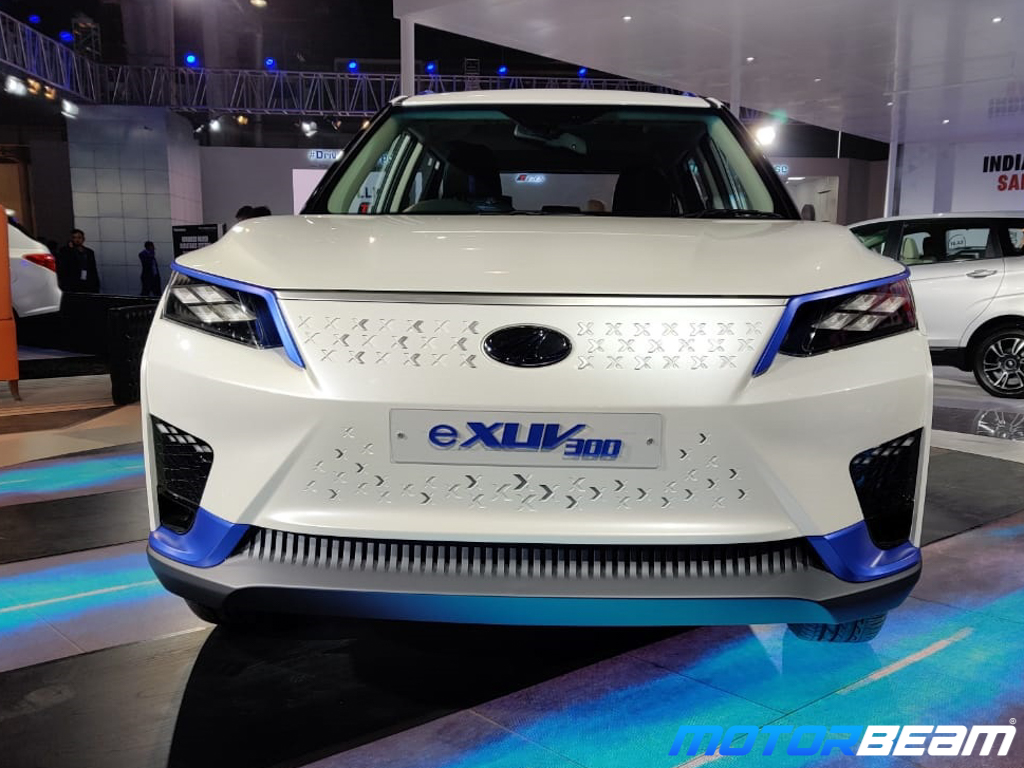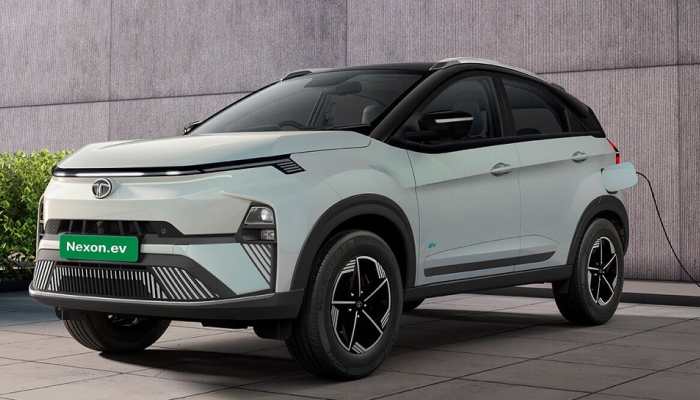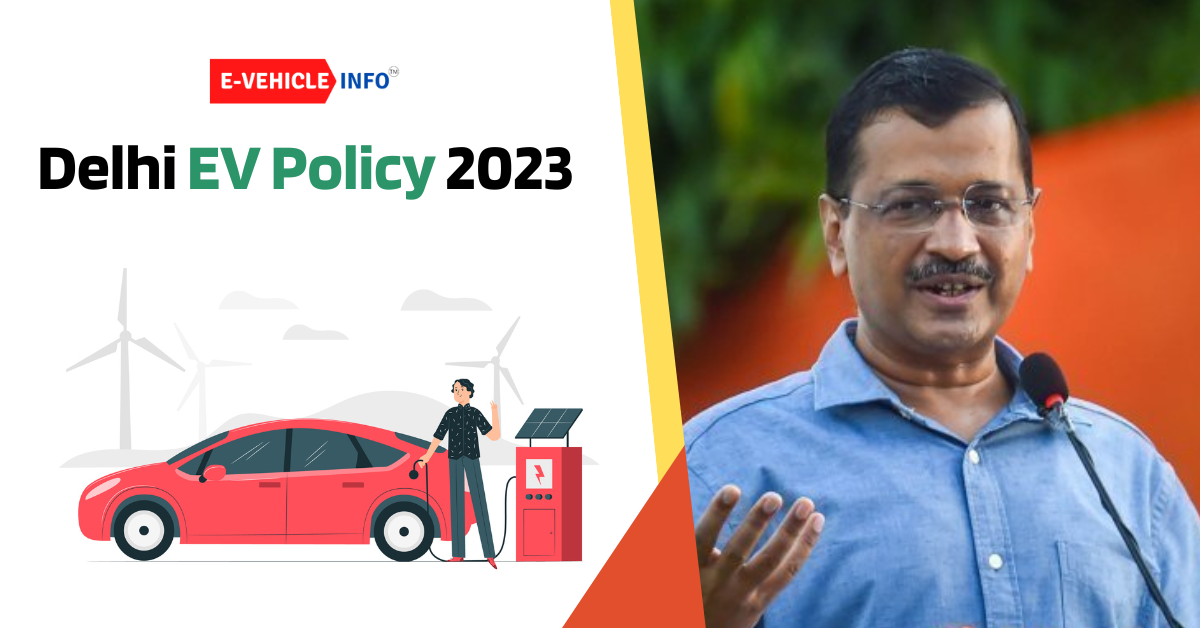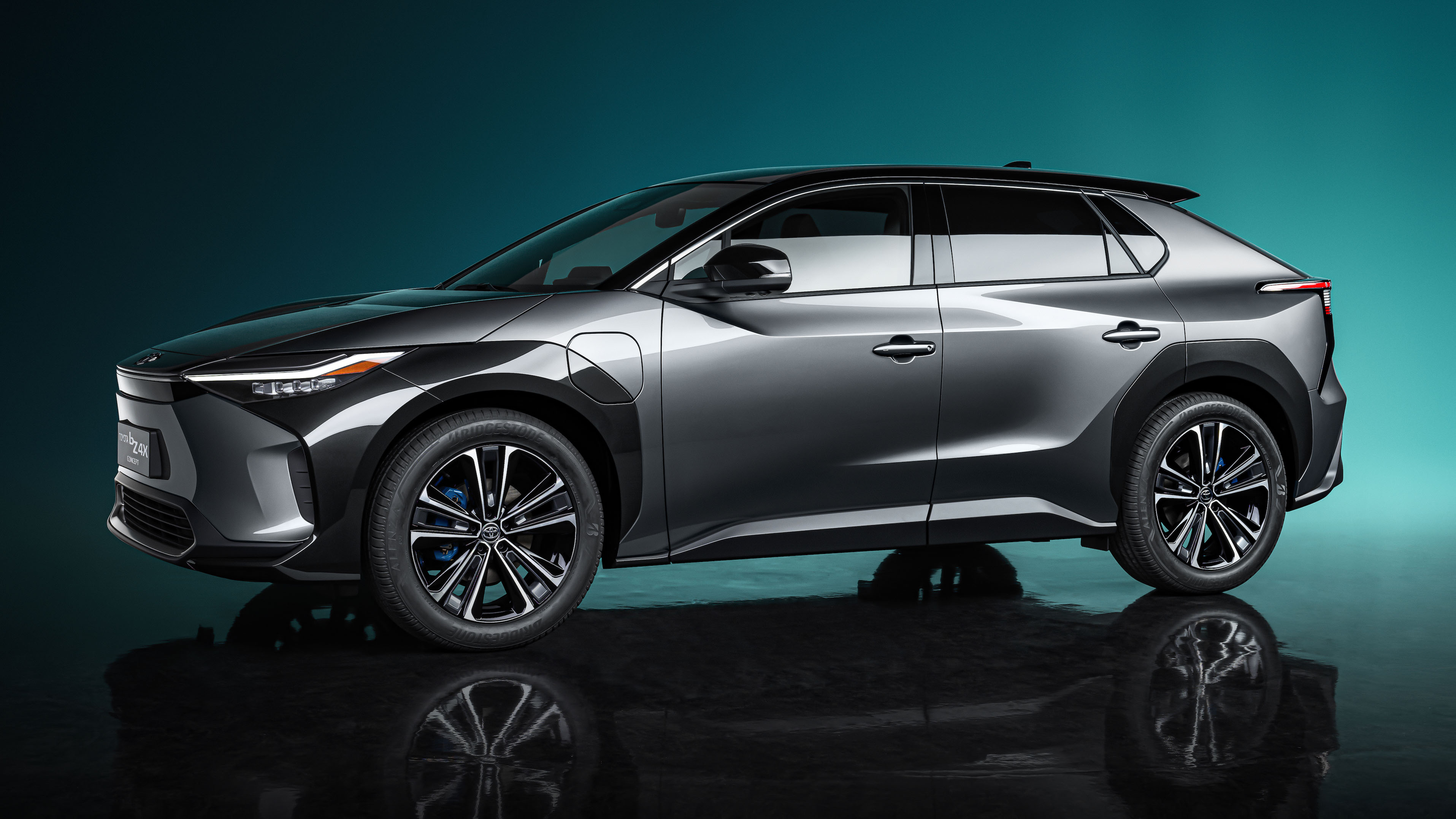The automotive landscape in India is undergoing a significant shift towards sustainable and eco-friendly transportation, with electric cars emerging as a pivotal player. This article provides an extensive overview of the electric car market in India, covering historical evolution, government initiatives, influential case studies, technological advancements, challenges, and the promising future of electric mobility.
Evolution of Electric Cars in India: A Historical Perspective
Trace the origins of electric cars in India, dating back to pioneers like Reva Electric Car Company. Despite initial challenges, technological advancements and government backing have propelled the electric vehicle market forward.
Government Initiatives and Policies Driving Electric Mobility
Uncover the multitude of government initiatives, including the Faster Adoption and Manufacturing of Hybrid and Electric Vehicles (FAME) scheme. Explore how reduced GST rates, customs duty exemptions, and tax benefits are fostering a conducive environment for the electric car market.
Case Studies: Spotlight on Success
Mahindra Electric: Indigenous Innovation
Mahindra Electric, part of the esteemed Mahindra Group, stands as a testament to indigenous innovation in India’s electric vehicle sector. Leading the charge in the electric revolution, Mahindra Electric introduced the eVerito, emphasizing the significance of homegrown manufacturing. With a steadfast commitment to continual research and development, the company has not only driven advancements in electric mobility but has also played a pivotal role in steering India towards a sustainable and eco-friendly future in transportation. This dedication underscores Mahindra Electric’s distinctive contribution to the progressive landscape of electric vehicles on Indian roads.

Tata Nexon EV: Setting New Standards
Tata Nexon EV, launched by Tata Motors in 2020, stands as a trailblazer in India’s electric vehicle landscape, setting unprecedented standards for sustainable mobility. This electric SUV uniquely combines affordability with advanced features, redefining market expectations. Tata Motors’ unwavering commitment to revolutionizing electric mobility is reflected in the Nexon EV’s success, providing consumers with an efficient and economically viable alternative. This case study underscores how the Nexon EV has not only reshaped market dynamics but has also established a new benchmark for the future of electric vehicles in India.
)
Delhi Government's EV Policy: Paving the Way for Sustainability
The Delhi Government’s Electric Vehicle Policy is a cornerstone in advancing sustainable urban mobility. Enacted to combat air pollution, the policy offers financial incentives, charging infrastructure subsidies, and road tax exemptions. This holistic approach creates an environment conducive to electric vehicle adoption, highlighting successful collaboration between the government and the private sector. With an unwavering commitment to sustainability, Delhi’s EV policy stands as a paradigm, unequivocally paving the way for a cleaner and greener future in urban transportation.

SmartE: Revolutionizing Last-Mile Connectivity
SmartE, a visionary startup based in Delhi, is transforming last-mile connectivity with its fleet of electric three-wheelers. In tackling urban transportation challenges, SmartE’s eco-friendly vehicles offer efficient and sustainable alternatives. The company’s commitment to reducing carbon emissions and easing congestion is reflected in its innovative approach. By reshaping both personal and public transportation, SmartE emerges as a trailblazer, showcasing the pivotal role of electric vehicles in revolutionizing urban mobility and elevating the last-mile connectivity experience for commuters.

Hero Electric: Empowering Commuters with E-Scooters
Hero Electric, a leading force in India’s electric vehicle industry, stands out for empowering commuters with its groundbreaking E-scooters. The flagship models, Optima and Photon, embody the company’s dedication to providing sustainable and cost-effective mobility solutions. Addressing the increasing demand for eco-friendly alternatives, these E-scooters not only revolutionize daily commuting but also underscore Hero Electric’s commitment to affordability and cutting-edge technology. Offering a reliable and emission-free transportation option, Hero Electric takes the forefront in reshaping urban mobility, significantly contributing to a cleaner and more sustainable future for commuters in India.

Key Players in the Indian Electric Car Market
Explore the diverse landscape of the electric car market, featuring both domestic and international players such as Tata Motors, Mahindra Electric, Tesla, Nissan, and Hyundai, as they compete and innovate in this evolving market
Challenges and Opportunities: Navigating the Electric Highway
Uncover the challenges impeding the electric car market’s growth, including limited charging infrastructure and range anxiety. Highlight innovative solutions emerging from startups and stress the importance of collaboration between government and private sectors in overcoming these barriers.

Technology Advancements and Innovations
Discover how technological advancements are shaping the electric car landscape, from improvements in lithium-ion battery technology to AI optimization of battery performance. Explore the development of smart, connected vehicles with over-the-air updates and autonomous driving capabilities.
Consumer Perspectives and Market Trends
Understand consumer preferences driving the market, including environmental concerns, vehicle performance, and charging infrastructure. Explore the rise of electric SUVs and compact cars, meeting diverse consumer needs, and the growing second-hand electric car market.

Charging Infrastructure: The Backbone of Electric Mobility
Recognize the importance of a robust charging infrastructure, and how collaborative efforts between the government and private entities are expanding the network. Innovative solutions like mobile charging units and the integration of renewable energy sources are enhancing sustainability.

The Role of Electric Cars in Mitigating Air Pollution
Explore how electric cars, with zero tailpipe emissions, offer a sustainable solution to India’s severe air pollution challenges. The integration of electric buses and two-wheelers further contributes to environmental conservation.

Future Outlook: Accelerating Towards Electrification
Gain insights into the promising future of electric cars in India, with ambitious government targets and substantial investments by automakers in research and development. Expectations include advancements in battery technology, improved infrastructure, and increased accessibility.
Conclusion: Paving the Way for a Sustainable Future
In conclusion, witness the momentum of the electric car revolution in India, driven by government support, technological advancements, and shifting consumer attitudes. Despite challenges, collaborative efforts are paving the way for a cleaner, sustainable future. The electrification of transportation is more than a trend; it represents a transformative force reshaping the entire automotive industry in India, embodying a commitment to a greener, healthier, and more sustainable future.

Frequently Asked Questions
- Best Electric Car in India:
Selecting the best electric car in India is subjective, considering varied preferences. Noteworthy options include the Tata Nexon EV, MG ZS EV, and Hyundai Kona Electric, each excelling in distinct aspects like range, performance, and innovative features, providing consumers with versatile choices based on their specific requirements.
- Cheapest Electric Car in India:
Affordability is a crucial factor, and the Tata Tigor EV emerges as a cost-effective choice, offering an entry point into the world of electric mobility without compromising on essential features. It serves as an accessible option, catering to a broad spectrum of the Indian populace.
- Four Types of Electric Cars:
Electric vehicles come in diverse forms, encompassing Battery Electric Vehicles (BEVs), solely powered by electricity; Plug-in Hybrid Electric Vehicles (PHEVs), blending electric and internal combustion engines; Hybrid Electric Vehicles (HEVs), utilizing both power sources concurrently; and Extended Range Electric Vehicles (EREVs), integrating an electric motor with an onboard generator to enhance range.
- Cheapest Luxury EV in India:
Combining luxury with eco-friendliness, the Audi e-tron stands out as a relatively more accessible luxury electric vehicle in the Indian market. It brings together opulence and sustainable innovation, making a statement in the premium electric vehicle segment.
- Top 5 EV Cars:
The dynamic electric vehicle landscape features prominent choices, with the Tesla Model 3 leading the pack for its cutting-edge technology and range. The Nissan Leaf, Chevrolet Bolt, Hyundai Kona Electric, and BMW i3 follow suit, each contributing unique features, designs, and driving experiences, catering to diverse consumer preferences.
- EV with Highest Mileage:
Renowned for its remarkable range, the Hyundai Kona Electric stands as a frontrunner in mileage performance. Its efficiency and advancements in battery technology contribute to an impressive driving distance on a single charge, providing users with a reliable and efficient electric driving experience.
- Best Company for EVs:
Tesla’s pioneering efforts have established it as a leader in the electric vehicle industry. Known for innovation and a comprehensive Supercharger network, Tesla’s lineup, including the Model S, Model 3, Model X, and Model Y, showcases a commitment to pushing the boundaries of electric mobility and technological excellence.
- EVs for Long Drives:
Electric vehicles, particularly with Tesla’s Supercharger infrastructure, have become increasingly viable for long-distance travel. Models like the Tesla Model 3 Long Range and Tesla Model S offer substantial ranges, assuring users of a dependable and efficient electric driving experience even during extended road trips.
- EV with 1000 km Range:
As of my last knowledge update, achieving a 1000 km range on a single charge remains a milestone yet to be reached by commercially available electric cars. Continued advancements in battery technology hold the potential for future models to approach or surpass this remarkable range, addressing concerns related to range anxiety.
- EV with 700 km Range in India:
Currently, electric cars with a 700 km range are not prevalent in the Indian market. However, as technology evolves, manufacturers may introduce models with extended ranges, providing consumers with more options and addressing the growing demand for increased autonomy.
- EV with 800 km Range:
As of my last knowledge update, electric cars with an 800 km range were not widely available. The continuous evolution of battery technology and increased focus on extending the driving range may lead to the introduction of models with enhanced ranges in the future.
- Electric Car with 2000 km Range:
Achieving a 2000 km range on a single charge represents a groundbreaking leap in battery technology. As of my last update, no commercially available electric car has reached this remarkable range. Ongoing research and advancements in battery efficiency may pave the way for such achievements in the future.
- Electric Car Lifespan:
Designed for durability, electric cars boast lifespans comparable to traditional vehicles. Routine maintenance and advancements in battery management contribute to ensuring the longevity and reliability of electric cars, providing consumers with a sustainable and dependable transportation solution.
- Range of Electric Cars in Kilometers:
The range of electric cars varies, offering options from around 100 km for entry-level models to over 500 km for high-end vehicles equipped with advanced battery technology. This diversity allows consumers to select a vehicle that aligns with their specific travel needs and preferences.
- Cheapest Tesla:
Tesla’s commitment to affordability is exemplified by the Tesla Model 3, often regarded as the most budget-friendly option within the Tesla lineup. Combining Tesla’s cutting-edge technology with a relatively lower price point, the Model 3 remains a popular choice among consumers seeking an entry into premium electric vehicles.
- Effect of Speed on EV Range:
High speeds can impact the range of electric cars due to increased aerodynamic drag and energy consumption. Adhering to efficient driving practices, including moderate speeds and utilizing regenerative braking, plays a crucial role in maximizing the range and overall efficiency of electric vehicles during high-speed travel.
- Battery Used in EVs:
Electric vehicles utilize various battery technologies, with lithium-ion batteries being the most prevalent. Ongoing research and development in battery chemistry contribute to advancements in energy density, overall performance, and sustainability, shaping the continuous improvement of electric vehicle batteries.
- Cost of Tata Electric Car Battery:
The cost of Tata electric car batteries can vary based on the specific model and advancements in battery technology. For the most accurate and up-to-date information, it is recommended to consult directly with the manufacturer or authorized dealers.
- Cost of EV Battery:
The cost of electric vehicle batteries has experienced a downward trend, influenced by advancements in technology, economies of scale, and increased competition among manufacturers. As the electric vehicle market continues to evolve, decreasing battery costs contribute to making electric vehicles more accessible to a broader range of consumers.
- Safety of Electric Cars:
Electric cars undergo rigorous safety testing, adhering to industry standards to ensure the well-being of occupants and pedestrians. Equipped with safety features comparable to traditional vehicles, electric cars have demonstrated their ability to provide a secure and reliable mode of transportation, contributing to the overall advancement of automotive safety standards.
Leave a Reply